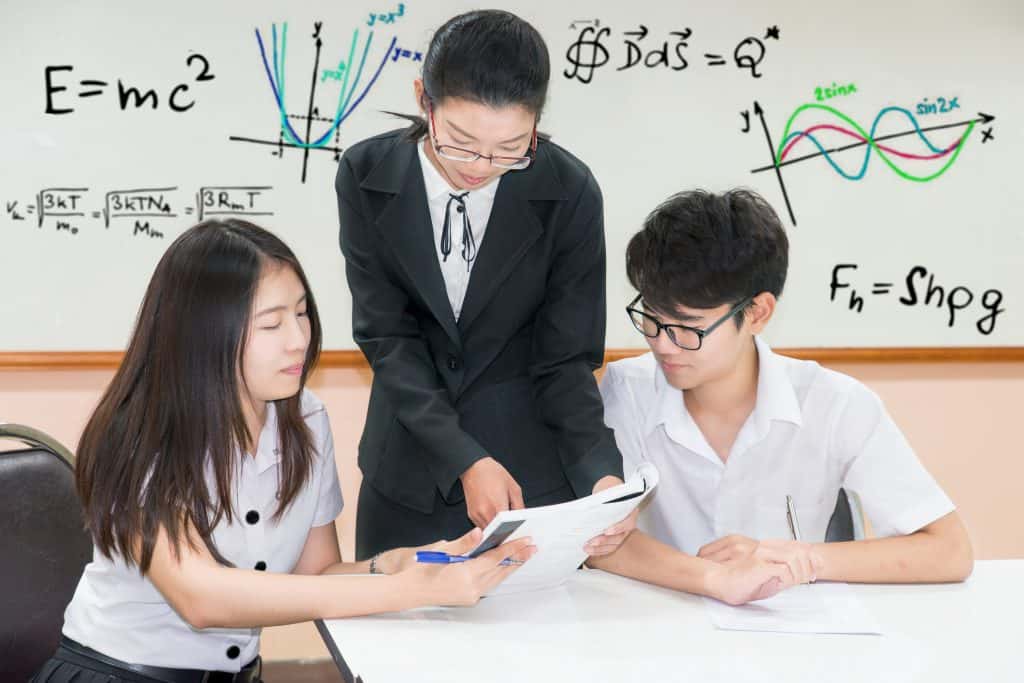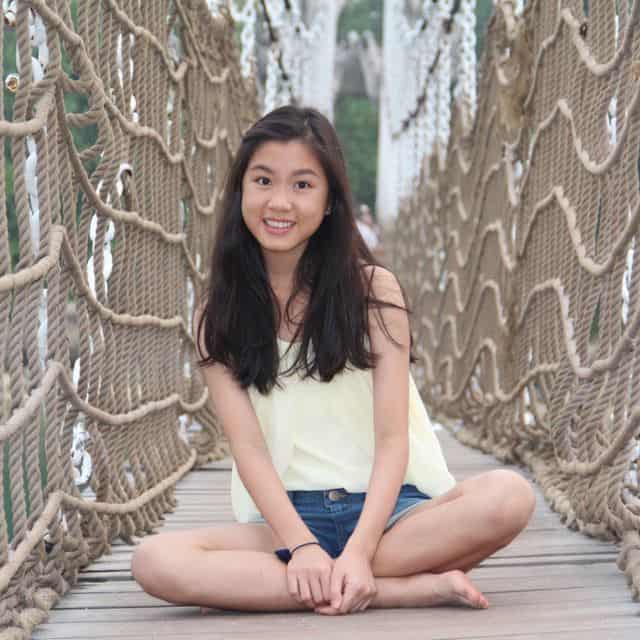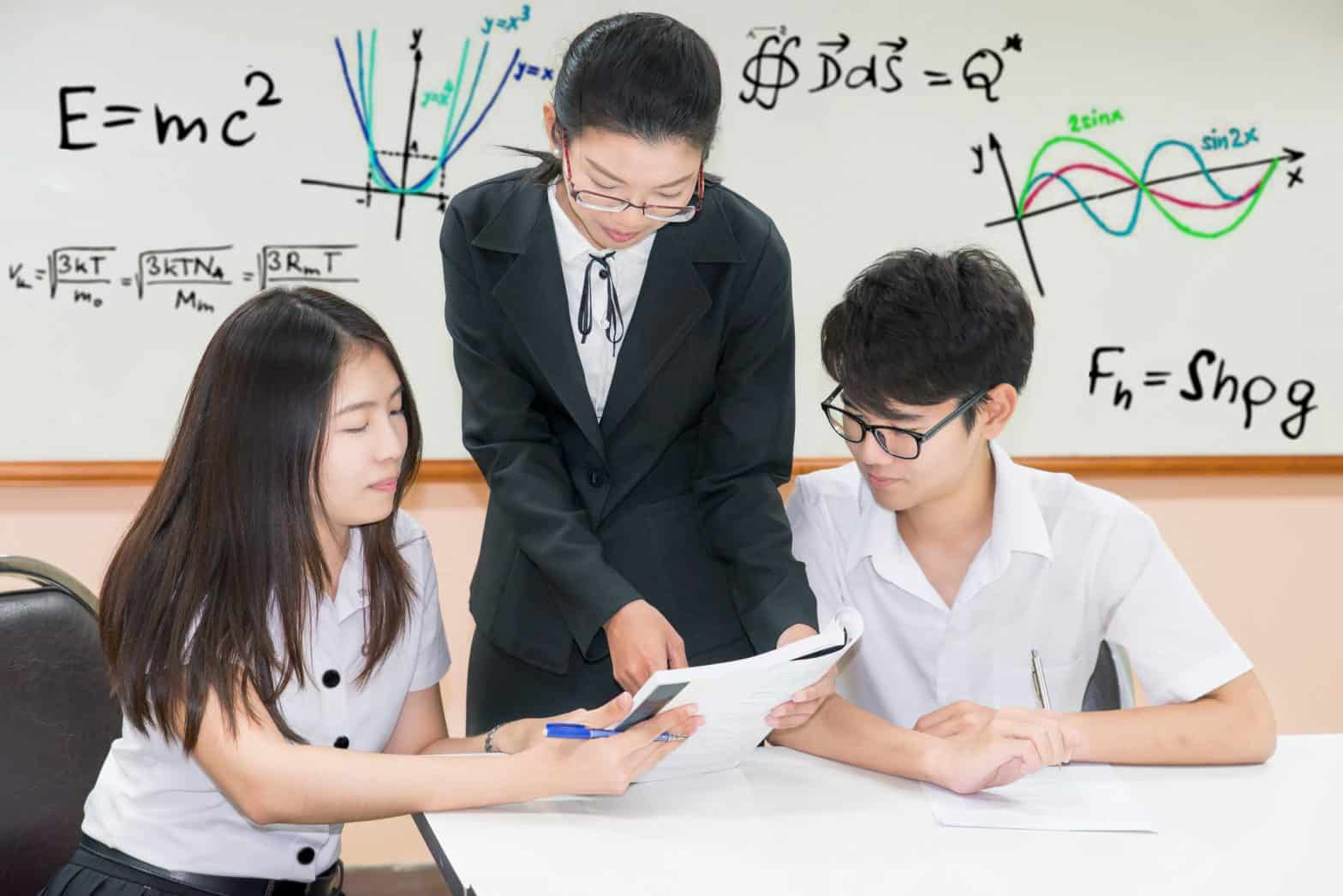
Guide Series: Post Secondary Options

This Guide Provides Comprehensive Information on Pathways available Post-Secondary. It is simplified and presented in an accessible format for students to make a good and informed decision.
Guide to Choosing (Junior College) JC Subjects Combination
- Written By Sheryl Wong
- Updated on
Content > Blogs > Guides > Guide-Post Secondary > Guide to Choosing (Junior College) JC Subjects Combination
Articles In this Guide
As students transition into junior college, choosing the right JC subject combination becomes a critical decision that sets the stage for their future academic and career paths.
In this article, we will delve into the factors to consider when selecting JC subjects, from understanding the available options in diffrent JCs in SIngapore to the JC subject combination requirements and the importance of making informed choices.
You may also like to read : Junior Colleges in Singapore – An overview
1- Let’s get to understand JC subjects
All the JCs in Singapore offer subjects at three levels – H1, H2 and H3. H2 subjects cover a wider range of topics with more content, while H1 subjects are condensed with less content. H3 subjects, optional for highly capable students passionate about a subject, are not included in rank point calculations.
JC subjects, mandatory for all the students, include H1 Project Work, which is completed in JC1 and H1 General Paper. Students who wish to take 4 H2 subjects can opt for H2 Knowledge and Inquiry instead of H1 General Paper.
However, it is important to note that unless students achieve at least a D7 grade in Higher Chinese at O-levels (Might be different for some JC like HCI), H1 Mother Tongue is required in JC1.
Upon entering JC, students can choose JC subject combinations that align with their interests and goals. Consulting with parents, teachers, and alums who have insights into subjects and potential career paths can be valuable when making decisions about JC subjects.
2- JC subjects combination requirement
One key consideration in choosing JC subjects is understanding the subject combination requirements. Students must decide between taking 4 H2 subjects or a combination of three H2 subjects and one H1 subject.
Each combination has its prerequisites, so students should assess their strengths, interests, and long-term aspirations. It’s important to note that subject combinations cannot be changed unless students repeat JC1 with permission from the school.
JC subject combinations are divided into Arts and Science streams. In all combinations, there must be one contrasting subject. For instance, arts stream students take three humanities and a math subject, while science stream students take two sciences, one math, and one humanities subject.
Certain JCs offer additional humanities or science subjects like Music, Drama, Computing, and Further Mathematics, providing students greater flexibility and choices. Here are some common JC subject combinations:
Common Arts stream combinations:
- HELM: History, Economics, Literature, and Mathematics
- GELM (Geography, Economics, Literature, and Mathematics
Common Science Stream combinations:
- PCME (Physics, Chemistry, Mathematics, and Economics)
- BCME (Biology, Chemistry, Mathematics, and Economics)
Students torn between Arts and Science subjects can explore a hybrid stream that offers two subjects from each discipline. However, it’s important to note that some JCs in Singapore may have limitations due to scheduling conflicts, potentially affecting the availability of specific hybrid subject combinations.
Confirming subject combinations with prospective schools before finalising JC subjects choices is advisable to avoid complications.
Understanding how A-level rank points are calculated is crucial as this knowledge is important in assessing the student’s overall academic performance and its impact on university admissions.
Total rank points are based on the ranking points of your 3 H2 subjects, 1 H1 subject, General Paper, and Project Work. In the case of 4 H2 subjects, the lowest H2 grade is replaced with H1 ranking points.
| Grade | Mark Range | H2 ranking points | H1 ranking points |
|---|---|---|---|
|
A
|
70 -100
|
20
|
10
|
|
B
|
60 - 69
|
17.5
|
8.75
|
|
C
|
55 - 59
|
15
|
7.5
|
|
D
|
50 - 54
|
12.5
|
6.25
|
|
E
|
45 – 49
|
10
|
5
|
|
S
|
40 - 44
|
5
|
2.5
|
|
U
|
0 - 39
|
0
|
0
|
To know more about A-Level curriculum and JC subjects syllabus, visit MOE website
3- Factors to consider while choosing JC subjects
When it comes to choosing JC subjects, there are several important factors to consider. Here are a couple of key considerations:
3.1- Alignment with Future Career Goals
It’s crucial for students to align their subject choices with their intended career paths. They can select subjects that provide a strong foundation for further studies or professional pursuits by identifying the academic disciplines relevant to their desired fields. Conducting research on subject requirements for specific university courses they are intending to study or careers they are interested in, can help them make informed decisions.
3.2- Level of Difficulty
Different subjects come with varying levels of difficulty. Students must evaluate their strengths, aptitude, and interest in specific subjects. While it’s important to challenge oneself academically, it’s equally important to strike a balance and ensure manageable workloads. The key is finding the right mix of JC subjects that allows for growth and development without overwhelming stress.
4- Final Thoughts
Choosing JC subjects is pivotal for shaping one’s academic journey and future career prospects. It involves understanding options, subject requirements, and personal factors like career goals, difficulty levels, and scoring potential.
By considering these factors and seeking guidance from teachers, parents, and alums, students can make informed decisions that lay a strong foundation for their growth. Encourage your child to embrace the opportunities JCs in Singapore present as they embark on this exciting phase of their educational journey
You may also like to read: Junior colleges in Singapore – factors to consider while choosing.
Loved Our Articles? Subscribes To Get Updates Directly To Your Inbox!
5- Explore Klassbook for more Classes
To explore more classes, go through our list of various JC classes here. Why not start with a trial class to gauge your child’s interest?

Meet Sheryl, a vibrant soul fuelled by an unwavering passion for languages. With her warm and approachable nature, she effortlessly connects with others, sharing experiences and inspiring them to pursue their dreams. In her free time, Sheryl embraces her creative side, exploring new cultures and immersing herself in their artistry. She loves to create digital graphics and develop her artistic skills, channelling her passion for languages into visually captivating expressions.
Loved Our Articles? Subscribes To Get Updates Directly To Your Inbox!
In this Article
Other Article in this Guide






